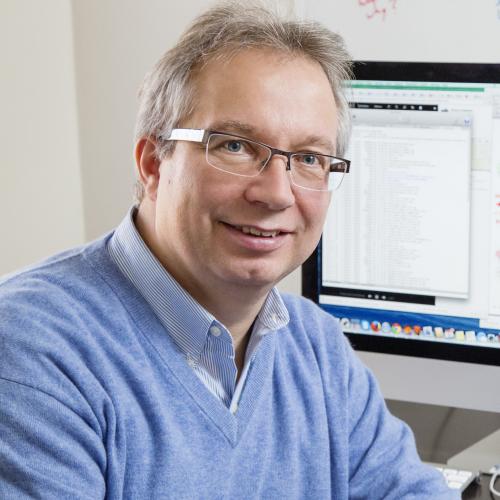Professor and Center for Informatics Research in Science and Scholarship (CIRSS) Director Bertram Ludäscher will be the keynote speaker for the 7th International Provenance and Annotation Workshop (IPAW) during ProvenanceWeek 2018, which will be held July 9-13 at King's College in London. While provenance information has long been recognized as crucial metadata in the information sciences, provenance research has become increasingly important in computer science as well.
During ProvenanceWeek, researchers from computer science and related disciplines will participate in the two main events, i.e., the biennial IPAW and the annual TaPP (Theory and Practice of Provenance) workshop, and in affiliated events that focus on novel directions for provenance.
In his opening keynote at IPAW, "From Workflows to Provenance and Reproducibility: Looking Back and Forth," Ludäscher will trace the origins, research questions, and recent results on provenance. "Guided by an understanding of the past, we aim to better understand present research challenges and then focus on important new problems, such as the use of provenance to support transparency and reproducibility in science," he explained. "My talk will revisit conceptual foundations but also possible sources of confusion due to the lack of a common terminology or shared understanding about provenance and reproducibility."
Ludäscher is a leading figure in data and knowledge management, focusing on the modeling, design, and optimization of scientific workflows; foundations and applications of provenance; data integration; and knowledge representation and reasoning. He also works on computational methods for data quality control and curation, applied to biodiversity data. Ludäscher is a faculty affiliate at the National Center for Supercomputing Applications and the Department of Computer Science at Illinois. He studied computer science at the Karlsruhe Institute of Technology and received his PhD in computer science from the University of Freiburg.
